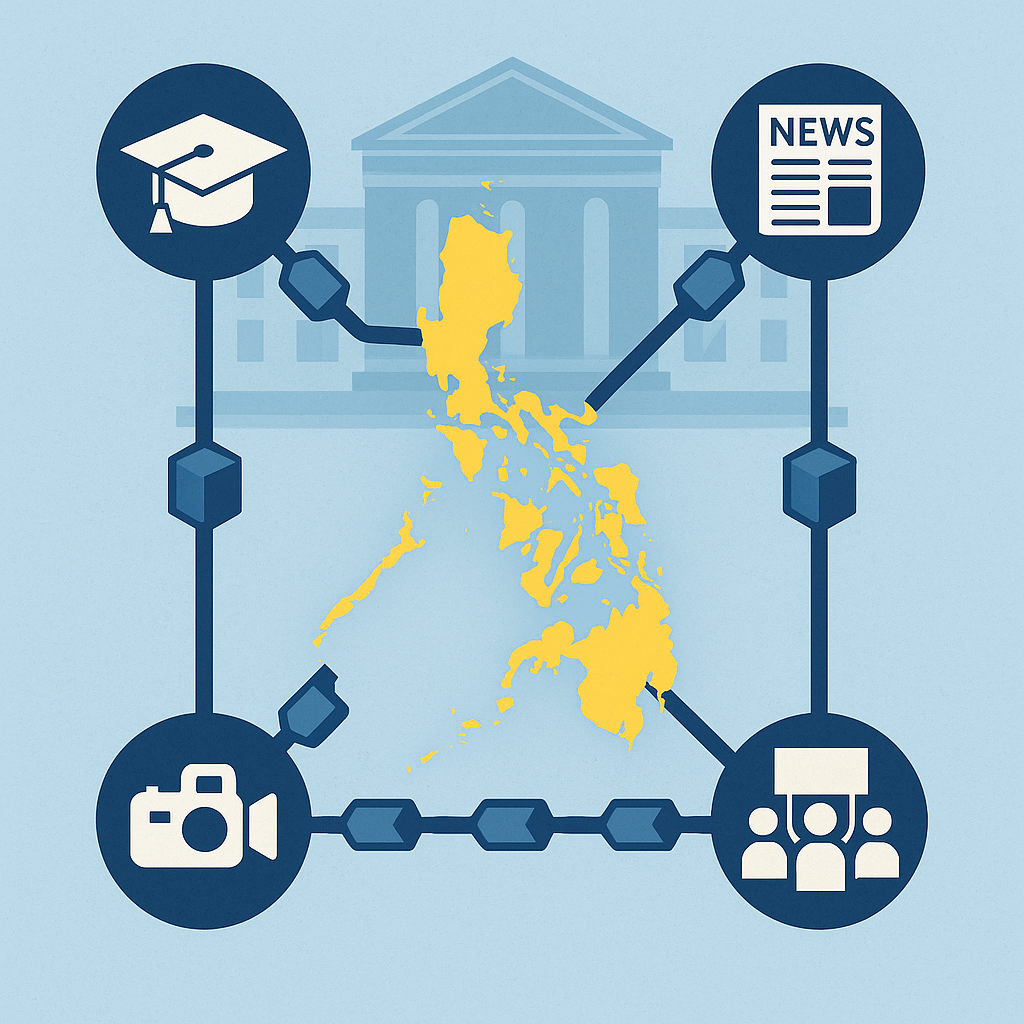
Philippines Tries Blockchain to Fight Corruption
The Philippines has decided to use blockchain for government reporting. According to Decrypt, the Department of Public Works and Highways announced it will start recording all of its contracts on-chain. The move comes after mass protests over alleged corruption.
Governments have introduced blockchains before, claiming it was about “immutability of data.” But when all validators are controlled by the government, they can rewrite history anytime - simply by forking the chain and building new blocks on top. A blockchain itself doesn’t guarantee immutability. Immutability only works when miners or validators have strong incentives to add new blocks honestly instead of tampering with the old ones.
The Philippine project is different: it proposes involving independent civic groups, universities, and media outlets as validators. That’s a rare step toward using blockchain for genuine public oversight.
Still, the big question remains: do these validators actually have incentives to produce honest blocks? And could they be incentivized to create dishonest ones? These challenges are well understood - and solved in public blockchains, where anyone with enough resources can join as a validator or miner.
A far more effective form of accountability would be if governments collected and spent taxpayer money directly on open, public blockchains. That’s what state crypto reserves could really be used for.
Will we ever see the Philippines running expenses on Polygon, the US on Solana, El Salvador on Bitcoin - with rabbit.io powering the conversions between open, transparent national and regional currencies?













